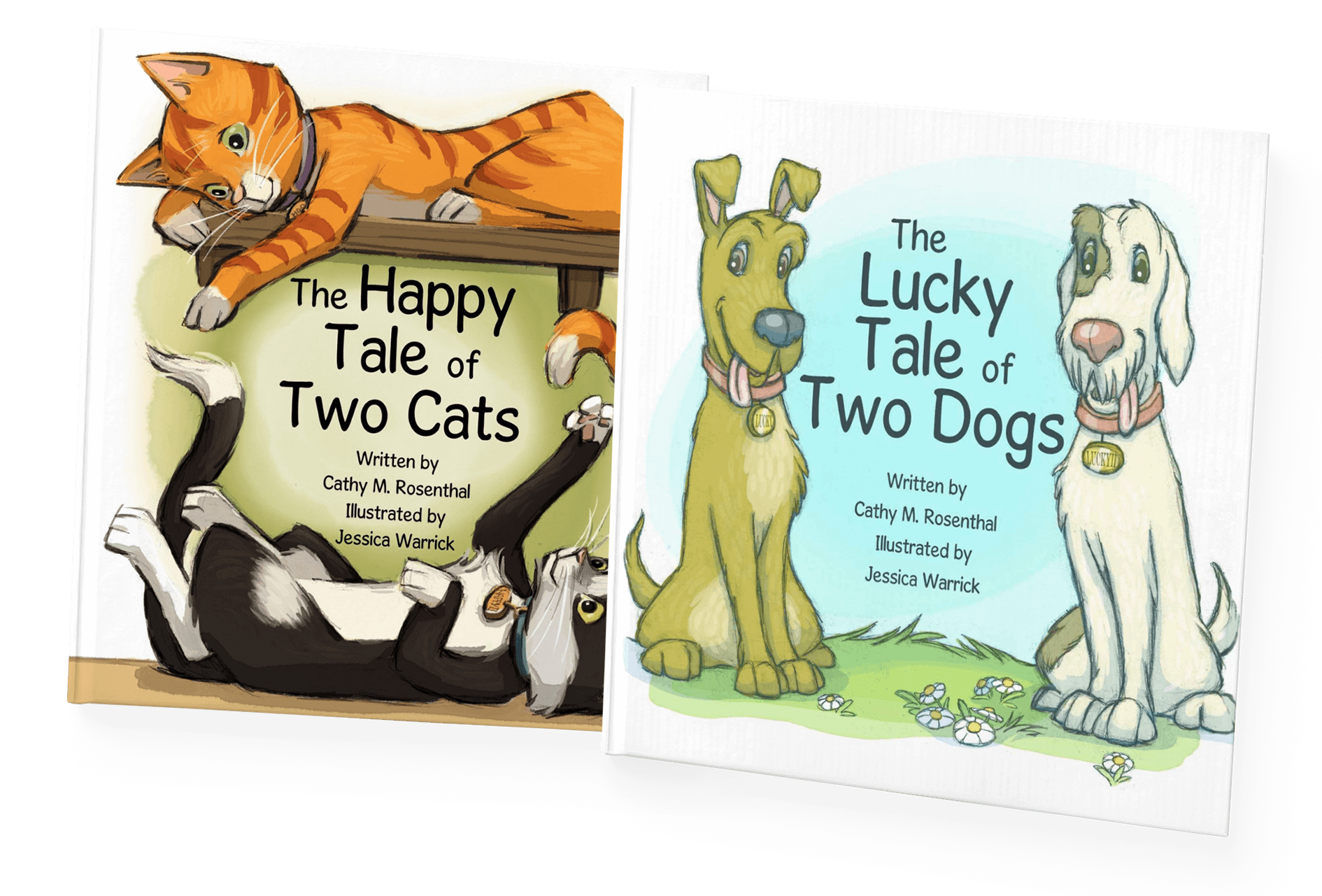While this column focuses on companion animals, my background includes time on Capitol Hill, where I worked on companion animal, wildlife and farm animal issues.
So I am going to step off the curb and address an article by Mike Barnett, publications editor for Texas Agriculture Talks, a publication of the Texas Farm Animal Bureau, about a bill introduced in Congress called the Prevention of Farm Cruelty Act, HR 4733.
The legislation would prohibit the government from purchasing animal products that are not “humanely” produced for school lunch and other federal programs — a step in the right direction for farm animals.
Barrett poses the question, “So who defines ‘humane?” He is worried it will be animal rights groups.
To address this question, I called Adele Douglass, who founded Humane Farm Animal Care about a decade ago to recognize farmers for their transition toward more humane treatment of farm animals. Douglass is not a vegetarian; she believes, though, that farm animals should be treated humanely from birth to death.
So I asked Douglass, “Who should define humane treatment?”
“How about the animals?” she said.
“Right now, current industry standards define humane treatment by whether the animals are producing, eating and growing. If they aren’t growing fast enough, they are given hormones. If they are confined too closely, they are given antibiotics to prevent disease. These are not natural living conditions for the animals.”
Douglass said gestation stalls, battery cages and other confinement housing systems do not allow animals to move naturally.
To put this in terms most people can understand, she quoted Dr. Temple Grandin, who not only serves on the Humane Farm Animal Care’s highly regarded scientific committee but also is considered one of the nation’s top authorities on the development of humane protocols for farm animals.



